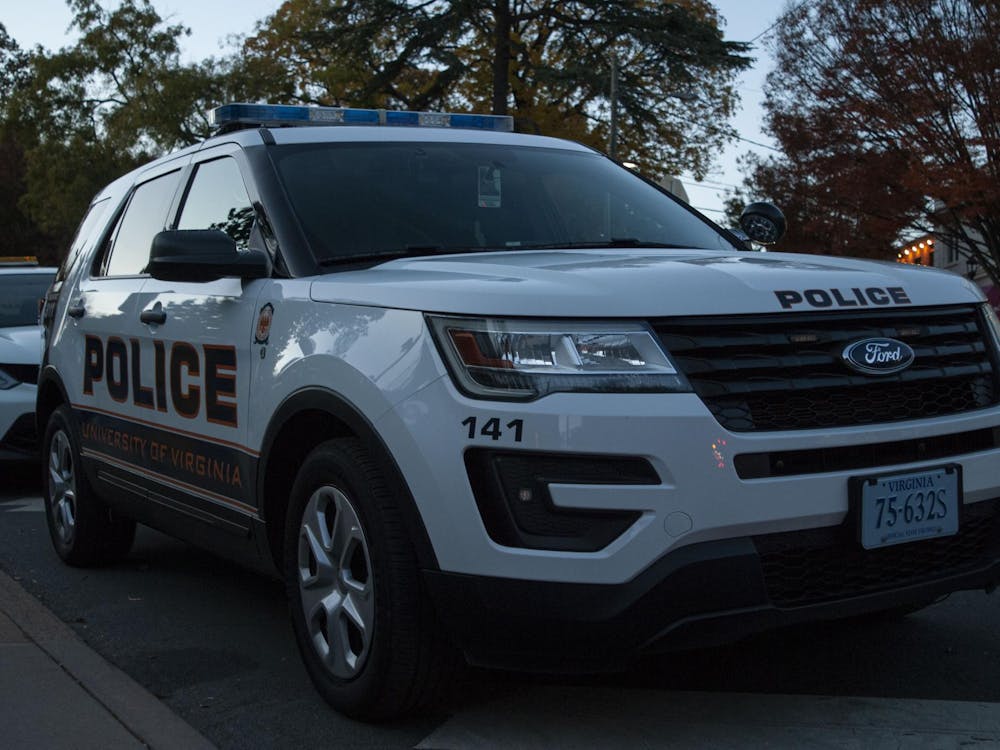With midterms drawing to a close, many University students are eagerly anticipating Spring Break. Although alternate Spring Break activities are increasingly popular, many students still choose a traditional trip to tropical overseas destinations such as Mexico or the Caribbean.
Unfortunately, Spring Breakers are viewed as prime prey for travel agency scams and pickpockets. Poor planning leaves many students with unexpected travel problems ranging from delayed flights to potential criminal prosecution in a non-extradition foreign country. Some simple pre-travel planning can ensure that Spring Break trips are as enjoyable as possible and can make sure you get home safely.Spotting Scams
Unlike students headed for domestic destinations, most student Spring Breakers use travel agencies to plan international Spring Break trips. According to Rebecca Lapensee, Newcomb Hall's STA Travel branch manager, Cancun and Jamaica were this year's most popular destinations.
Although many travel agencies are professional organizations that help smooth the travel process, some are scams. Unprofessional agencies misrepresent accommodation quality and fail to provide confirmed hotel rooms or airline seats.
While scam agencies can be difficult to spot, Lapensee said that some techniques might give them away.
"You want to be able to find a way to contact them other than their Web site, because a Web site is very easy to make," Lapensee said. "It helps to know how long an agency has been in business under one name. You want to see if they have any professional business associations," such as the American Society of Travel Agents.
A reputable agency will agree to a signed contract before asking for money. Check the contract to ensure that it provides confirmed transportation and accommodations.
Some national organizations also can verify the reputation of a travel agency.
Michael Palmer, executive director for the Student Youth Travel Association said students "can check with SYTA to see if they're a member company. They can check with the Better Business Bureau, and third, they can check with the state attorney general." SYTA promotes student travel and ensures the integrity of its member travel organizations.
Documentation Woes
Rochelle Debaun, manager of Peace Frogs Travel/Outfitters at Barracks Road Shopping Center, said the most common student travel mistake is forgetting important documents.
To enter most countries, a U.S. citizen needs "an original or certified birth certificate in conjunction with a driver's license or a passport," Debaun said.
"You always have to make duplicates of everything" and carry the duplicates separate from the original documents in your luggage, Lapensee said. A copy of all important documents should be left with contacts at home. If anything happens to the originals, copies will expedite the process of obtaining replacements.
Money and Valuables
Another common mistake is "having a lot of cash" in local or U.S. currency, Lapensee said.
However, a small amount of cash is advisable for "tips, bus fare and if you want to get something at a local restaurant," Debaun said.
Both agencies recommended carrying a widely-accepted credit card, such as a Visa or Mastercard, as the primary mode of purchase.
Traveler's checks are another good option because they are replaceable and virtually useless if stolen.
"I would always have a credit card and traveler's checks," Lapensee said. Local or American currency "should always just be a backup to the backup, and you wouldn't even want that much of it. Maybe just a fifty-dollar bill tucked away somewhere."
Travelers should be vigilant about pickpocketing, which Lapensee says can be a problem in high-traffic Spring Break destinations.
"In a lot of developing countries, Jamaica for instance, they're going to make most of their money during this season and they already think you're ridiculously rich for coming to the country," Lapensee said. "It's very important to have a money pouch or a money belt."
A money belt fits tightly against the body and holds identification and money. Money belts are available at most travel stores.
Debaun says that money belts are difficult for Spring Breakers "because a lot of students are going to destinations where they're wearing swimsuits. That's where the hotel safe comes in" as a place to store money and valuables.
Most hotel safes are small and cannot accommodate laptops or cell phones for the large number of hotel patrons.
"Unless you're paying for a very expensive contract where you've got pretty much global calling" your cell phone is unlikely to work in foreign locales anyway, Lapensee said.
Debaun recommended calling cards. "Don't use hotel phones unless you want to expect a $45 phone call home. They charge you a lot. They'll charge you connect fees of $10 or $15," she said.
To access the Internet on vacation, Debaun said to go to an Internet caf






